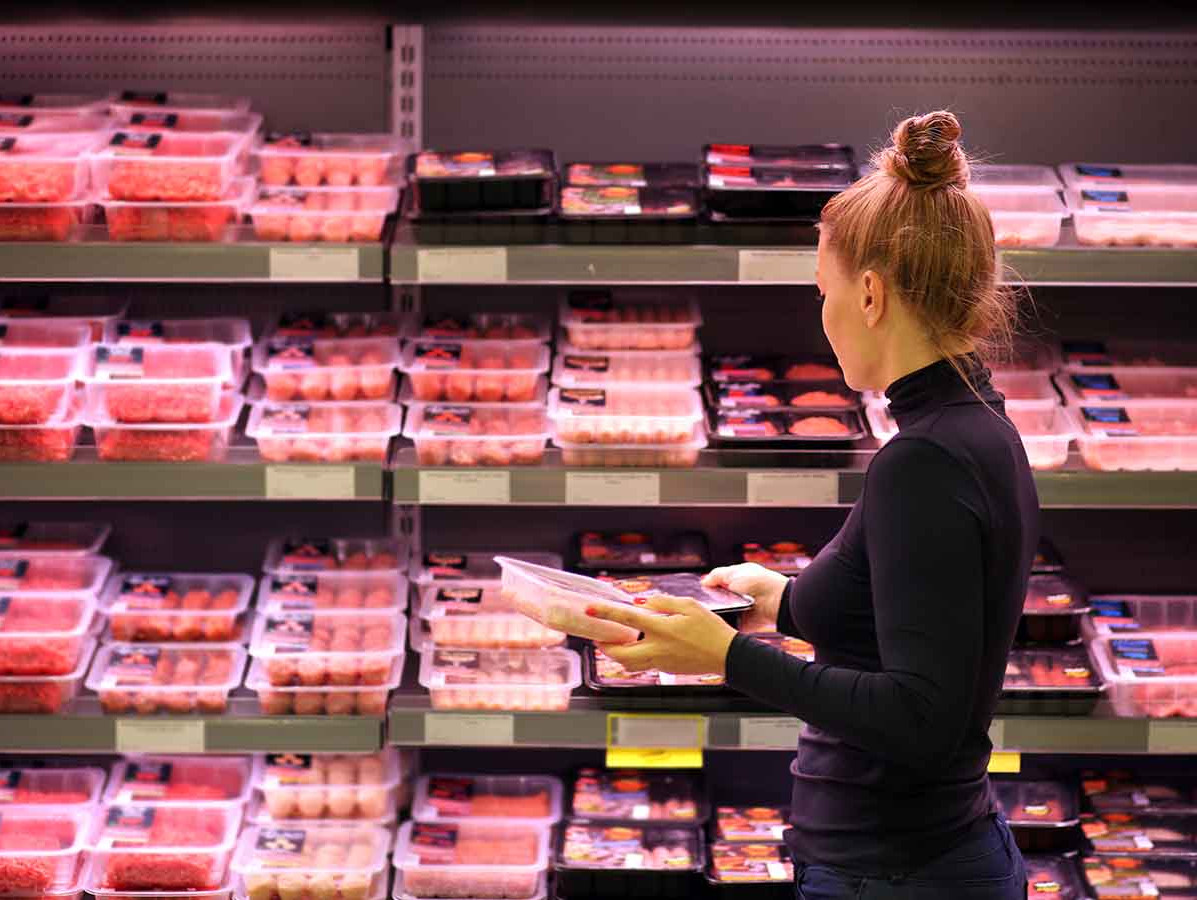
In today's ever-evolving market, NGOs and companies have been spotlighting the environmental attributes of products to empower consumers. However, the lack of a standardized method often creates confusion. Recent research provides insights into consumer responses to such eco-labels.
Foundation Earth introduced the 'Eco-Impact' label in 2021. Using a Traffic Light System, this grade illuminates genuine environmental outcomes by manufacturers, echoing the ISO 14024:2018 which underscores the importance of accurate eco-labelling.
While many sustainability labels perplex users, the intuitive design of the eco-score might be the solution. The Attitude-Behaviour-Context model underscores the variances between pro-environmental attitudes and actions. Notably, there's a gap in understanding eco-label influence on meat purchases. This research dives deep into the complex dance between Meat Attachment and purchasing attitudes.
Methodology: A comprehensive study using a sequential mixed method, including surveys and interviews, was conducted to delve into perceptions surrounding eco-score labels and meat consumption. The research rigorously analyzed diverse elements, from environmental concerns to the actual impact of the 'Eco-Impact' label on purchasing intentions.
Key Findings:
To bridge the gap between perception and intention, knowledge dissemination is paramount. Clear, comprehensive messaging in campaigns can better inform consumers and drive them towards sustainable choices. Government intervention, regulation, and multi-pronged strategies, including understanding the role of meat attachment, will be essential.
The 'Eco-Impact' label holds great potential for aiding consumers in sustainable meat purchasing. Yet, there are challenges to be addressed. It's a commendable step towards transparency for the environmentally-conscious shopper. By identifying barriers and leveraging opportunities, eco-labels can become the guiding force for sustainable consumption in the future.
Photo: LADO/Shutterstock.com
Source: Sciencedirect